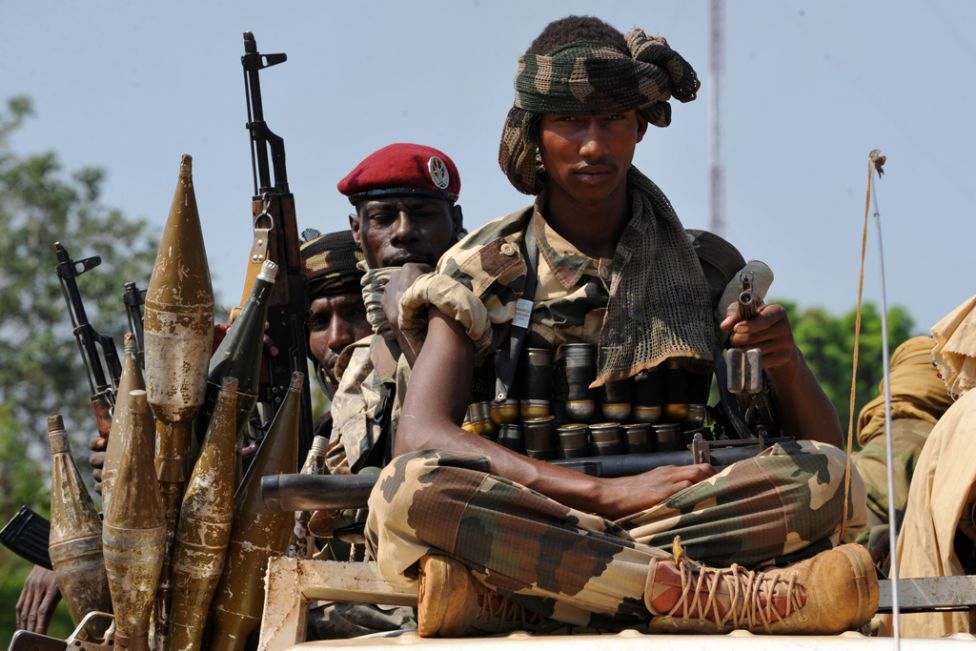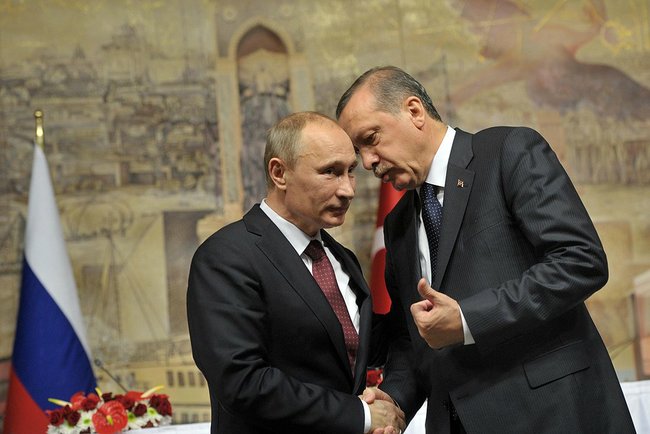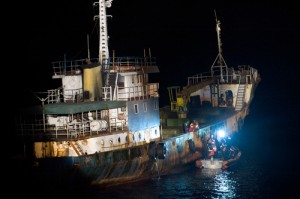The failure of the international community to halt the ongoing Syrian civil war has led some to claim that the Responsibility to Protect (R2P) norm adopted by the UN at the 2005 World Summit is dead. Certainly, the failure of the Security Council to take action on Syria is disappointing, but it is also not surprising, as the Syrian civil war has become a regional war involving great power interests that have prevented agreement. For other conflicts, however, the reason for international inaction is not great power division but simple indifference. In situations like these, R2P can be effectively implemented without falling hostage to great power.
While media attention has been focused primarily on Syria, the UN Refugee Agency has termed the ongoing conflict in the Central African Republic (CAR) “the most neglected crisis in the world.” This country of 5 million people is resource-rich, but has experienced near constant misgovernment, instability, coups, and rebellions since its founding in 1960. The latest bout of violence comes as a result from a breakdown in a peace deal between the government of President Francois Bozize and the Muslim “Seleka” rebel coalition. In March 2013, the Seleka took the capital of Bangui, establishing control over the country.
[captionpix align=”center” theme=”elegant” width=”300″ imgsrc=”http://www.worldatlas.com/webimage/countrys/africa/cfafrica.gif” captiontext=”An Aptly Named Country”]
Since then, the situation has gravely deteriorated. The new President, Michel Djotodia, has proven unable to control the Seleka rebels or to impose even basic order. Instead, the state apparatus collapsed and rebel fighters have pillaged at will. Indeed, rebel fighters have engaged in war crimes and sexual violence, and killed women who refused to have sex or hand over their food. Communal violence has erupted between Muslim and Christian communities. Also, the US, Uganda, and the African Union (AU) have suspended their operations against Joseph Kony’s Lord’s Resistance Army in the CAR in response to the coup, leaving the group free to expand its attacks. In an attempt at reaffirming his authority, President Djotodia recently disbanded the Seleka alliance. However, in the absence of a stabilization plan, this threatens to unleash tens of thousands of militiamen into the society.
[captionpix align=”left” theme=”elegant” width=”300″ imgsrc=”http://s1.lemde.fr/image/2013/03/31/534×267/3151114_3_744c_michel-djotodia-le-30-mars-a-bangui_edd8af6b25097299b759ec3c5ffb1f2e.jpg” captiontext=”Current CAR President Michel Djotodia”]
What would a R2P policy towards the CAR look like? Undoubtedly it would focus on a central component of R2P – prevention of mass atrocities. This not only avoids the agonizing choice between “doing nothing and sending in the Marines,” it also saves lives in the CAR and saves the international community money in the long term. One essential method of prevention in the CAR is to operate a disarmament, demobilization, and reintegration (DDR) program for combatants.
To date, the international response has been ineffective. Prior to the Seleka takeover, the UN rightly set up a DDR program. However, though the program cost only $22 million, only Australia and Luxembourg donated, and the final amount amassed was merely $300,000. This fatally handicapped the DDR program. The deployed African peacekeepers were ineffective at best and some may have collaborated with the rebels. While the AU plans to deploy a peacekeeping force, it will not likely arrive any time soon. Moreover, governments and NGOs have cut back on aid in response to the deteriorating security situation, such that the organization Doctors Without Borders entitled a report: “Central African Republic: abandoned to its fate?”
Still, there are encouraging signs that Western states have realized the folly of their neglect of the CAR. As US Ambassador to the UN Samantha Power emphasized recently, instability in the CAR could allow Islamist terrorists to set up camp there, a pressing threat in light of the recent Westgate Mall hostage crisis in Kenya. France has shown particular concern owing to its stake in regional stability, and French President Francois Hollande warned that the CAR was at risk of “Somalisation.” Moreover, violence in the CAR could further jeopardize the already unstable central African region. France has increasingly taken leadership. The French government has convened a meeting with the EU as well as UN humanitarian affairs officials to discuss the issue and offered logistical assistance to the AU force. Should Western states and the AU succeed in redressing the situation in the CAR, it would be a major triumph for R2P and a demonstration that sometimes R2P and great power interests coincide.




